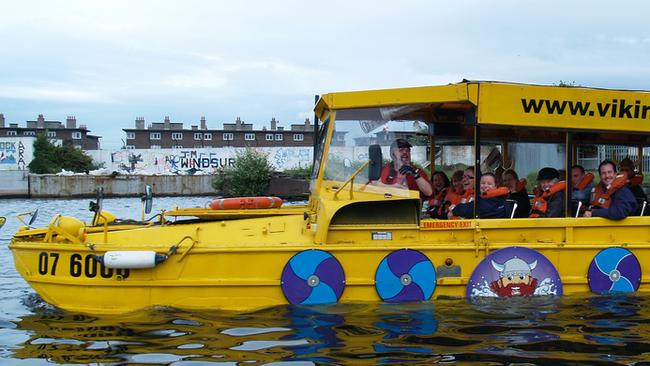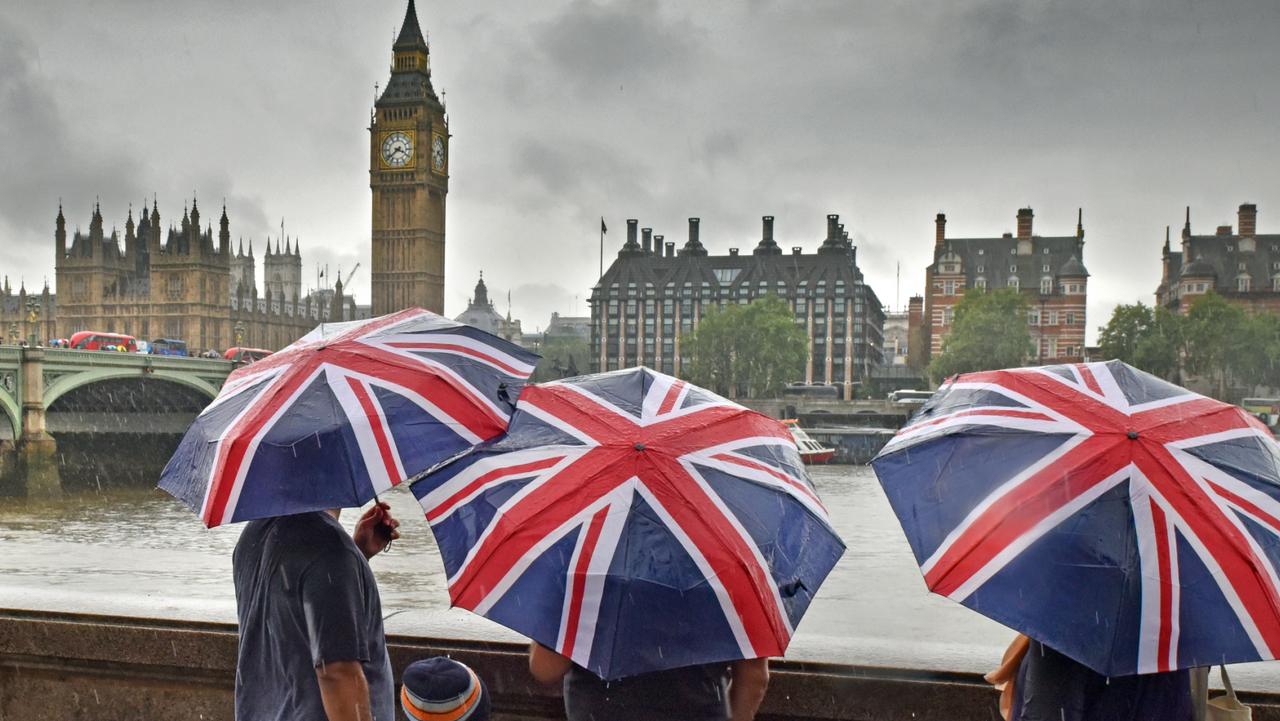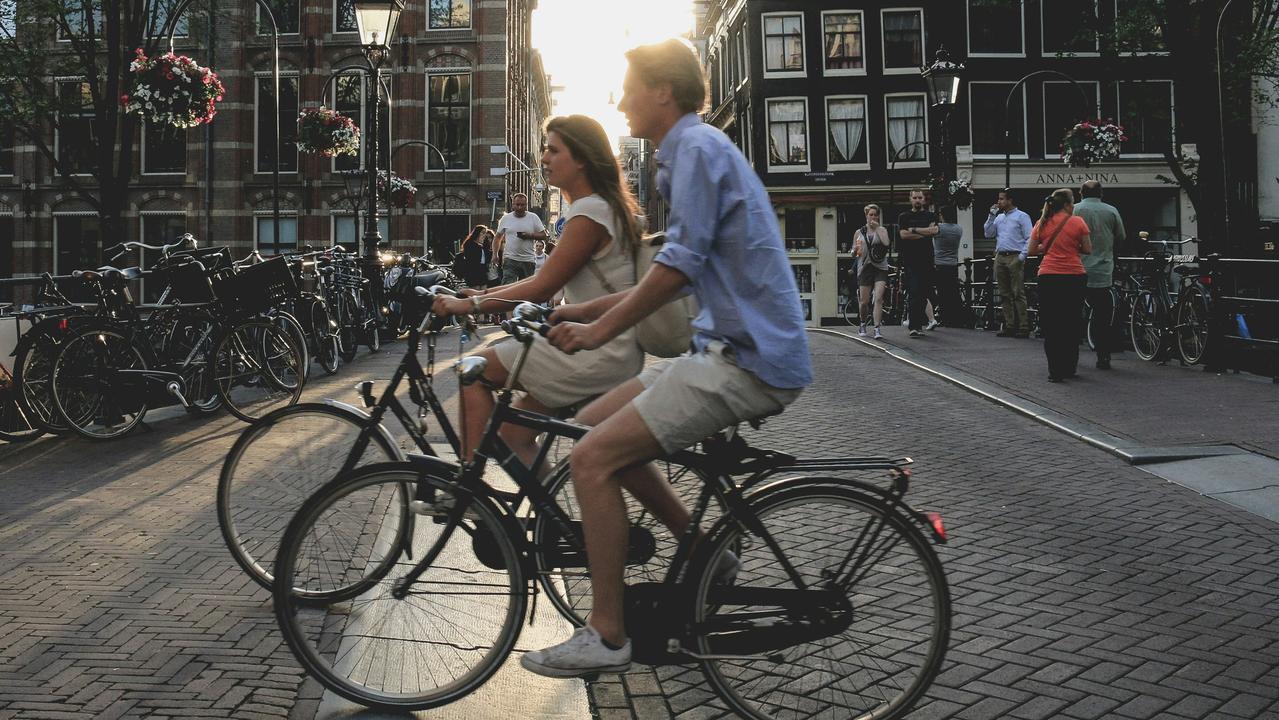Dublin: Is it a dream destination or a traveller’s nightmare?
THIS hugely popular city is a bucket-list destination for many Aussies. But all is not what it seems here. In reality it’s dirty and full of drunks.

OK, so Dublin isn’t for everyone.
The influential Lonely Planet Guide recently named the Fair City as one of the top cities in the world to visit in 2016. But if you search the web for ‘Dublin, love it or hate it?’ you’ll find there are plenty of loathers. After living in Dublin for 18 months I found I fell in love with certain aspects of the city, while other things grated on me. Here’s a list of the five things that were good, and five that were not so good. THE GOOD THINGS: PARTY PEOPLE Ireland is famous for the friendliness of its people, and it’s easy to make friends in Dublin. The locals love a chat and they’re always up for a party. MARKETS, SEAFOOD AND SODA BREAD Temple Bar Food Market is a lovely place to while away a Saturday morning. If you like seafood, then Stephen’s oyster stall is something of an institution. His grade-A oysters, harvested every Friday, are big and juicy. They’re served with delicious soda bread and washed down with a plastic cup of white wine. MUSIC EVERYWHERE There are so many fiddles in this city, that you almost feel left out if you don’t have one. Whatever type of music you’re into, you’re never far from a gig in Dublin. Live traditional Irish music sessions take place nightly in dozens of pubs and there are plenty of concert venues hosting local and international bands. SENSATIONAL SHOPPING Grafton Street is the Irish equivalent of a British high street and one of the best stores on the street is the famed Irish department store Brown Thomas. It’s a swanky big place that stocks everything from Marc Jacobs handbags to designer kitchenware. DUBLIN ARCHITECTURE The historic buildings of Dublin are beautiful and interesting. A standout is Trinity College, one of Europe’s most outstanding universities. The College’s gorgeous Old Library, is of course, home to the Book of Kells. Trinity, established by Elizabeth I in 1592, has produced a host of notable graduates — Jonathan Swift, Oscar Wilde and Samuel Beckett to name a few. THE NOT SO GOOD THINGS: PYJAMA PEOPLE ‘Are we going out? I’ll get my pyjamas’ — this could be a typical conversation in Dublin. In cities outside of Ireland, pyjamas are associated with sleeping at night and comfort in the home. But in Dublin, it’s easy to spot plenty of locals who haven’t felt the need to get dressed for the day. In Ireland it’s not uncommon to spot signs banning people from wearing pyjamas in shops or at social welfare offices. WILD WEATHER Someone told me soon after I arrived in Ireland that it only rains twice a week — once for three days and once for four days. I found this to be true. PRE-BREAKFAST PINTS It’s an odd sight to see the pubs packed with people at breakfast time. There are over 1,000 pubs in Dublin city and of these, around 15 are known as ‘early houses’ — they’re allowed to open from around 7am everyday except Sunday. I guess there is nothing wrong about pubs opening at the crack of dawn, and most of the early drinkers you meet in Dublin are really late drinkers: they have come off the night shift. But what bothered me about the taverns opening their doors so early was the fact that I saw so many children sitting there with their parents. What would their day be like once mum or dad was full of Guinness? DRUG DILEMMAS UN statistics show that Ireland has a low crime rate compared to the US and most of its European neighbours. But while Dublin is not considered especially dangerous, the city is very gritty in places. It has a serious drugs problem, predominantly heroin, and some of the more deprived residential areas are best avoided at night. DIRTY OLD TOWN Dublin was a dirty old town when I lived there several years ago, but a new survey published this year says that, overall, the capital is finally considered litter-free following a 10-year wait. The reports that for the first time, both Dublin and Cork city — where the majority of tourists enter the country — are “clean to European norms”, as are the roads from Dublin Airport, according to the latest survey by Irish Business Against Litter (IBAL). But IBAL warned there was still bad news for parts of the capital, saying there were pockets of neglect which still had problems, including the north inner city which was slammed as a “litter black spot”.




